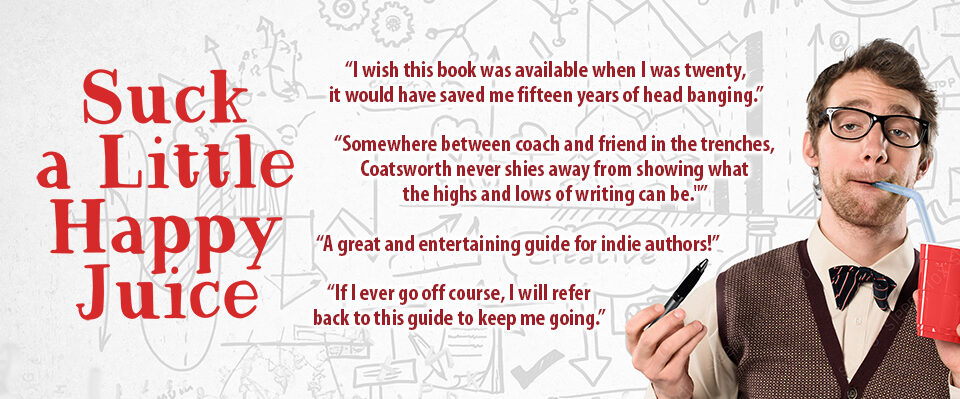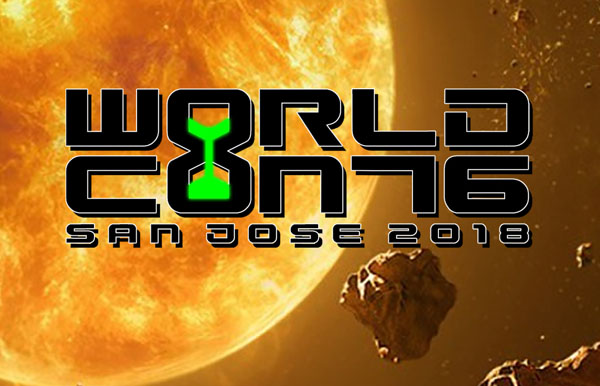Hey all,
Mark and I just spent a few says at WorldCon 76 in San Jose, and one of the best panels we attended was the one on how to write epic fantasy.
It was a two author chat between Kate Elliott, a veteran author with thirty years of publications under her belt, and Rebecca Roanhorse, a hot new “own voices” author who infuses her Anasazi and black heritage into her work.
I thought I’d share a few of the insights from the panel here. 🙂
Background
Kate started out by saying that epics happen in every culture – they are how people discuss their history and creation myths. The majority of our epic fantasy fiction over the last fifty years has been based on Western mythology. Now, though, that’s starting to change, with authors and publishers embracing other cultures.
What is epic fantasy? It’s a story with a wide scope and scale – a long view of history. And it’s often massive in terms of ground covered too, with many epic stories covering a continent or more.
They also asked a few questions about what epic fantasy is and isn’t – can can be. Can epic fantasy be in the here and now? Does it have to have magic? Can it include science? Romance? Can it take place in space?
Kate answered all of that with one of my favorite lines of the weekend: “Sure It works if you can make it work.”
Start From the Beginning
Kate quoted another author (sorry, I missed the name) in how to create a successful first scene/chapter in a fantasy setting:
You can either combine a familiar action in an unfamiliar setting, or you can mix a familiar setting with an unfamiliar action. Either one can hook the reader while giving them something new to whet their appetites. The important thing here is not to hit readers with too much unfamiliarity, especially right at the start – you want to ground your readers in the story before moving forward in your strange new world.
Kate and Rebecca also discussed info density in the story – also called info dumping. This is especially critical to watch in the opening scenes – if you keep your information light, the reader can process it more easily, and the scene seems to move quickly, even if it’s not a hit-the-ground-running action scene. Start with something familiar, and layer in new information over time.
Rebecca said prefers writing in 3rd person close (as opposed to 3rd omniscient) – it helpos her to be more intimate with her characters, and for the reader to do so as well.
Getting the Details Right
In epic fantasy, both authors agreed that its important to include culture-wide touchstones – things like celebrities and/or sports that connect the culture. Think Harry Potter and Quidditch.
Epics also illuminate larger patterns in the cultures where they take place. They are a way of explaining the history of a people, and their place in the cosmos. While epic fantasy often includes gods, it doesn’t have to. But Kate argued strongly for a system of cosmology – how to the people in the fantasy world connect to their universe?
The authors discussed using “Earth” terms in another world – words like “coffee” or “miles.” Kate’s point was that there’s no reason not to, unless the item/world are culturally significant and warrant having a different word to describe them.
Kate said that Tessa Gratton chooses three things to hilight in her stories – things that would matter to the characters, not to her as the writer. It’s the same with details. Don’t use three where one would do. Think about what the character would notice, and keep the details that are most the most important.
Then we got into some of the practical matters when writing epic fantasy.
How Many Characters?
Rebecca asked how many characters were too many in an epic fantasy tale. She said she had done an analysis of the first book of Game of Thrones – it had nine major point of view characters.
Kate maintained that you can include as many characters as you can handle, but you have to be careful how you introduce them. She referenced one book (unnamed) that introduced a new character every chapter for five chapters – she stopped reading.
Instead, she suggested having a primary character, and then slowly rotating new characters in around that one:
Character A
Character B
Character A
Character C
Cjaracter B
Character A
Character D
Another trick she suggested when introducing a new character is to ground your upcoming characters in earlier scenes. For example, mention the new character in the scene before they arrive, creating a connection for the reader that makes it easier for them to absorb the new character.
Get the Pacing Right
Rebecca also pointed out that Game of Thrones has short, snappy chapters, usually between nine and thirteen pages.
Kate agreed, and pointed out that reader tastes have shifted lately, and that many readers prefer that style – short snappy chapters – and that Brent Weeks was one author who does this particularly well.
As far as your plot, they both suggested keeping it simple and direct so your readers can follow along easily. In GoT, for instance, the plot is:
“Everyone wants the throne.”
The whole story is built on this basic plot premise, with almost infinite variations of characters and subplots flowing from this one basic premise.
Wrapping Up the Ending
Someone from the audience asked:
The arc of the plot is usually bigger than one character – do you feel a need to evolve or resolve every character?
Kate said she divides her characters between three levels – primary, secondary, and tertiary.
Her primary characters have a full arc, including growth and resolution. Secondary characters get a resolution, but it’s not a big one, and there’s not much growth, although she stressed the importance of even “small” resolutions, which can still have a lot of power.
Her tertiary characters? “Meh.”
It was a great chat – the whole “new writer” vs. “experienced writer” dynamic brought out a host of great ideas and interactions. It will take me a while to digest them all.
So… to my author friends – what are your tips for writing epic fantasy tales? And do you agree or disagree with any of the suggestions above?

